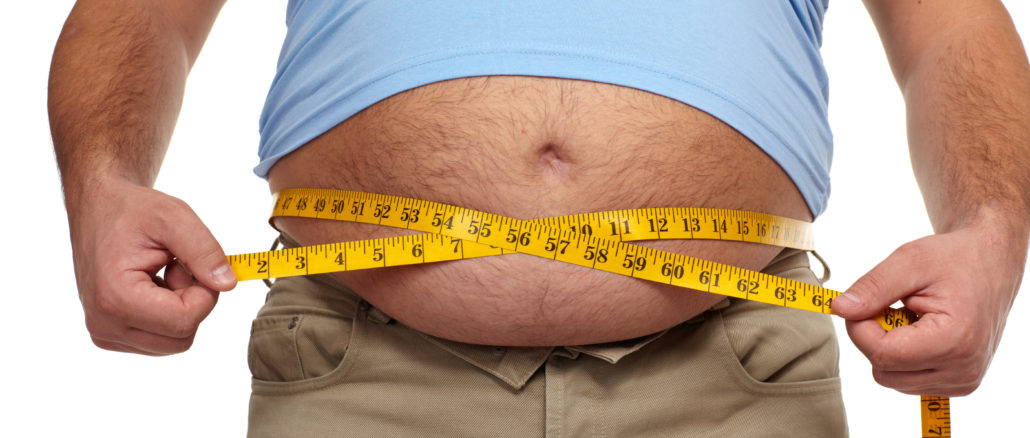
According to health experts, Ireland is likely to be the fattest European country by the year 2025. With fast food and sugary treats so readily available and easy to access, who is at fault? Are we ourselves to blame for over indulging in fatty foods, or is it the food industry’s fault for selling these life threatening products?
I strongly believe that if the bad food was not so easily accessible and promoted in Ireland, then we would not have such a problem.
If we look back at previous generations, surely the issue of obesity was not as threatening as it is today. It can only be as a result of the recent introduction of fast foods, sugar-packed treats and sweetened drinks that our nation is on its way to becoming Europe’s fattest.
It is no secret that the battle to lose weight is not solely about going to the gym or popping on the runners for an evening jog. Watching what you eat is a must as well. However, with hidden sugar in so many popular food choices, the battle to lose a few pounds and get in shape is becoming an extremely difficult challenge.
I fail to believe that the high obesity levels in our country are due to sheer laziness and lack of determination. The problem is that the food industry has advertised, promoted and encouraged us as a nation to eat high calorie food loaded with hidden sugars. The food industry is just as much of a business as any high tech company with a goal to earn money. When we buy their food, they receive our money, it is that simple.
Encouraging a healthy lifestyle among individuals is not the only element of solving Ireland’s obesity issue. Eliminating the promotion of bad foods, curtailing where they are sold and forcing the industry to indicate the exact ingredients are all equally important measures to solving this problem.
Fizzy drinks, energy drinks and sugar packed juices advertised as ‘fruit smoothies’ are a part of some of our nations daily choices when it comes to needing that midday energy boost. Many of the ‘go-to’ fizzy drinks contain more sugar than our recommended daily allowance, yet Irish people continue to turn to these quick fix options when craving something sweet.
As much as we depend on it on a regular basis (myself included) coffee is also one to watch. Many of us do not think twice when ordering our coffee of choice at Starbucks. The need for a morning caffeine hit is enough to make us choose whatever seems appealing. However, according to The Huffington Post, one of Starbuck’s latest coffee creations contains enough, if not more sugar than our recommended daily intake.
The ‘Caramelised Honey Latte’ is topped with whipped cream, honey sauce and a honey sugar crumble (which mainly consists of sugar) and amounts to over 35 grams of sugar per drink. With these seasonal drinks advertised to tempt us on a regular basis, we cannot simply blame the problem of obesity on our over-indulgent nature.
Now I will admit it, we have all been out at three in the morning and felt somewhat peckish after a night out in town. The obvious choice is to head to one of many fast food chain restaurants that surround us and to overindulge. Ludacris student-friendly deals like a €1 burger at McDonalds are a no-brainer, and with so much temptation and encouragement from the aroma of artificial food being cooked, only the strong-willed will make it out the door without indulging in copious amounts of unnecessary carbs.
If you consciously choose to over eat while knowing the outcome then that is another issue at the other end of the spectrum, but I do not think that we as a nation are the only ones to blame for the high levels of obesity. I blame the food and drink industry for advertising, promoting and (above all) packing food and drink with such toxic ingredients in the first place.
How are we going to change if the high-risk food and drink products are consistently tempting us to purchase and consume them?
I refuse to believe that the problem will end when the people of the country decide it is time to lose weight. Whether the people of Ireland will live up to the predictions of becoming Europe’s fattest country by 2025 is something I do not know. However, what I do believe is that these high levels of obesity are a cause for concern for more people than the victims of clever advertising and addictive foods.
Shirley Donlon
Images Credit:




Leave a Reply